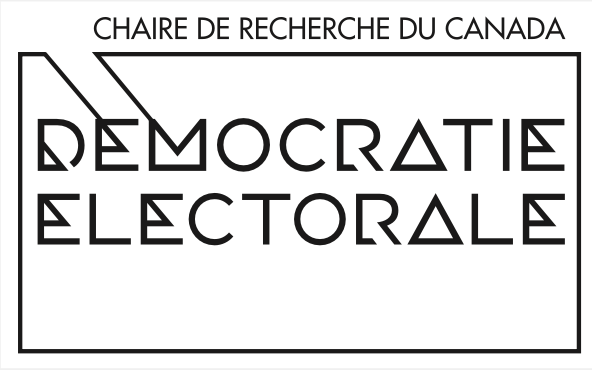Electoral Chairs’ Seminars – May 1st
1 May 2023 • 12:00 13:00
C-4145
Between decentralization and asymmetry: Explaining preferences about the division of power in Canada
Philippe Chassé (Université de Montréal et Sciences Po Paris), Olivier Jacques (Université de Montréal) et Colin Scott (Université Concordia)
In most federations, the division of power between central and subnational governments represents an important cleavage structuring voting and party systems. Subnational units often demand greater division of powers to enhance their autonomy, including asymmetrical powers relative to other subnational units within the federation. Yet we lack a robust body of research regarding individuals’ preferences for (de)centralization and asymmetry. We contribute to this research agenda by testing the effects of identity, ideology, and grievances on public opinion toward the division of powers in the Canadian federation. Leveraging four waves of the Confederation of Tomorrow survey (2019, 2020, 2022, and 2023), we find that left-wing respondents, those who identify predominantly with Canada, and those who do not hold grievances regarding the federation are more likely to prefer a centralization of the federation. We show that right-wing citizens prefer decentralization, but also oppose asymmetrical federalism, as they refuse to give privileges to outgroups. The large samples of our surveys allow us to study provincial variations in the impact of our main variables. We find that territorial identity’s effect on preferences for the division of power is particularly strong in Alberta and Quebec, while ideology’s effect is strongest in Saskatchewan and Alberta but very weak on Quebec. Our findings contribute to the literature on federalism, public opinion, and political economy.

This content has been updated on 26 April 2023 at 8 h 36 min.